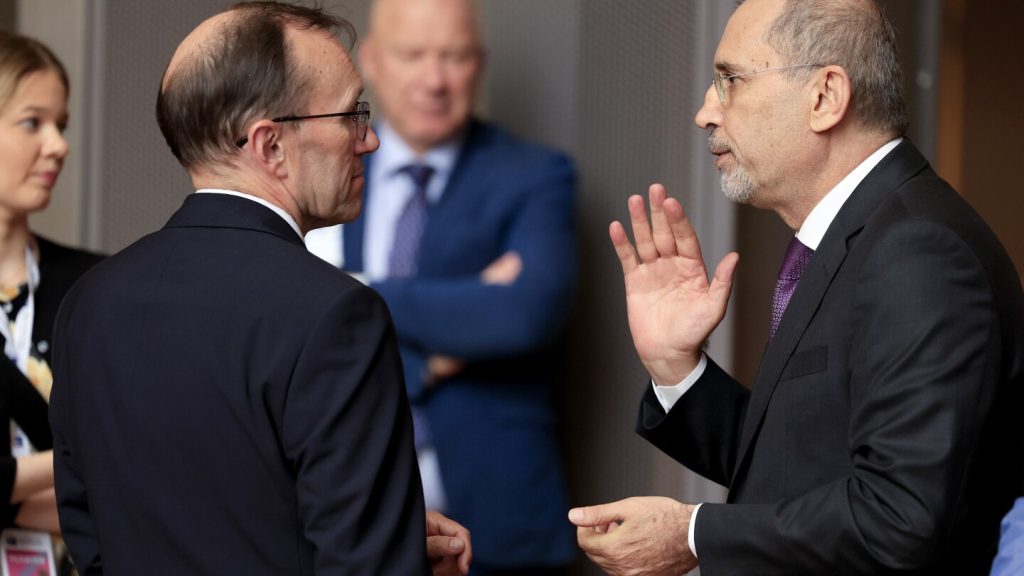International donors meeting in Brussels on Monday pledged to commit 7.5 billion euros ($8.1 billion) in grants and loans to support Syrians affected by war, poverty, and hunger. This total exceeded the United Nations’ appeal for $4.07 billion but was lower than amounts pledged in previous years, indicating donor fatigue. The funds are intended to assist Syrians within the war-torn country as well as the 5.7 million Syrian refugees in neighboring Turkey, Lebanon, and Jordan. These countries are also facing economic crises and dwindling aid.
The pledged total includes 5 billion euros in grants, with a portion designated for 2024 and the remainder for subsequent years, along with 2.5 billion euros in loans. Despite the significant financial support, U.N. agencies and aid organizations have faced budget cuts and reduced aid programs in recent years. The ongoing civil war in Syria, which began in 2011, has resulted in the deaths of nearly half a million people and the displacement of half the country’s pre-war population. The conflict has remained stagnant for several years, with no viable political solution in sight.
The conference in Brussels highlighted the need to revitalize a stalled U.N.-led roadmap to end the Syrian conflict amid growing hostility towards Syrian refugees in host countries. Lebanon, which hosts a large number of Syrian refugees, has been urging their return to alleged safe zones in Syria, despite concerns about the conditions there. Aid organizations and Western nations argue that Syria is not yet safe for refugees to return and emphasize the importance of sustainable solutions, such as infrastructure development and job creation, to facilitate voluntary and safe returns.
Stephan Sakalian, the head of the International Committee of the Red Cross in Syria, emphasized the importance of providing essential services, safety, and basic commodities to pave the way towards stability, reconciliation, and refugee returns. He warned that without sustainable conditions in Syria, there is a risk of more people leaving the country instead of returning. The conference also saw calls from eight EU member states for a reassessment of conditions in Syria to allow refugee returns, with Cyprus and Hungary raising concerns about the challenges posed by Syrian migration. Overall, the conference underscored the complex challenges facing Syrians and the need for continued international support to address their humanitarian needs.


